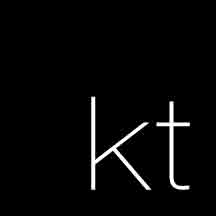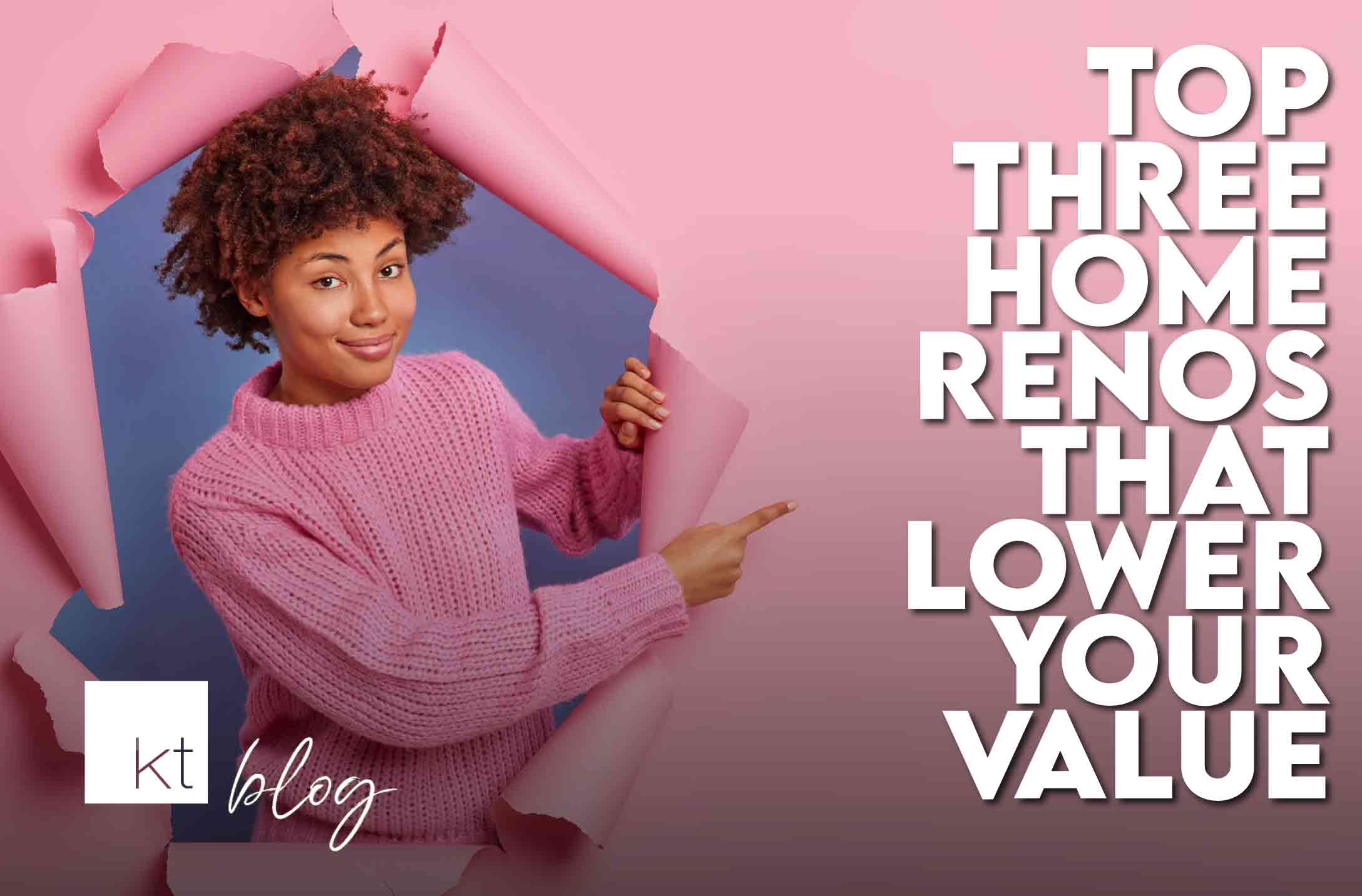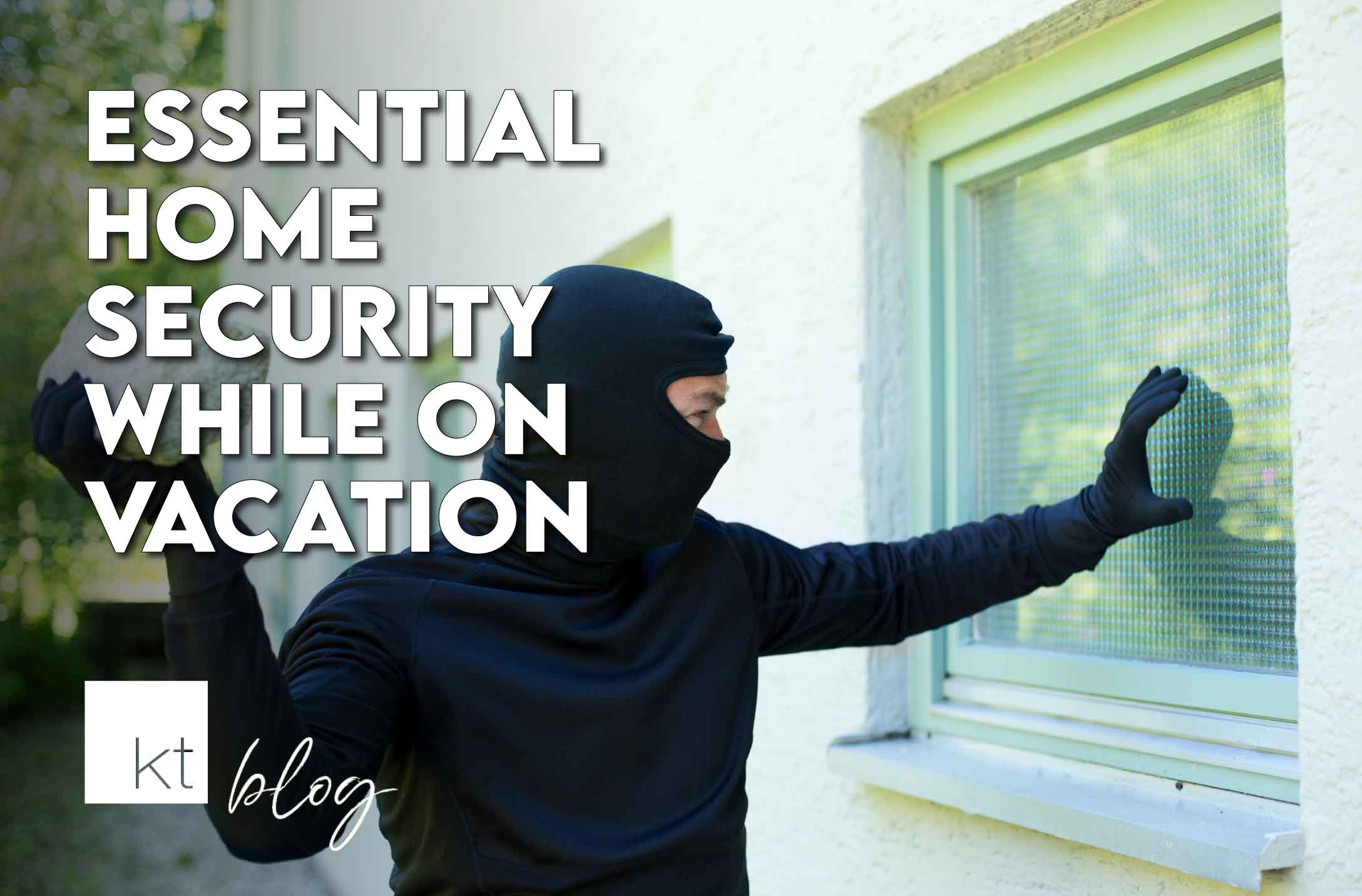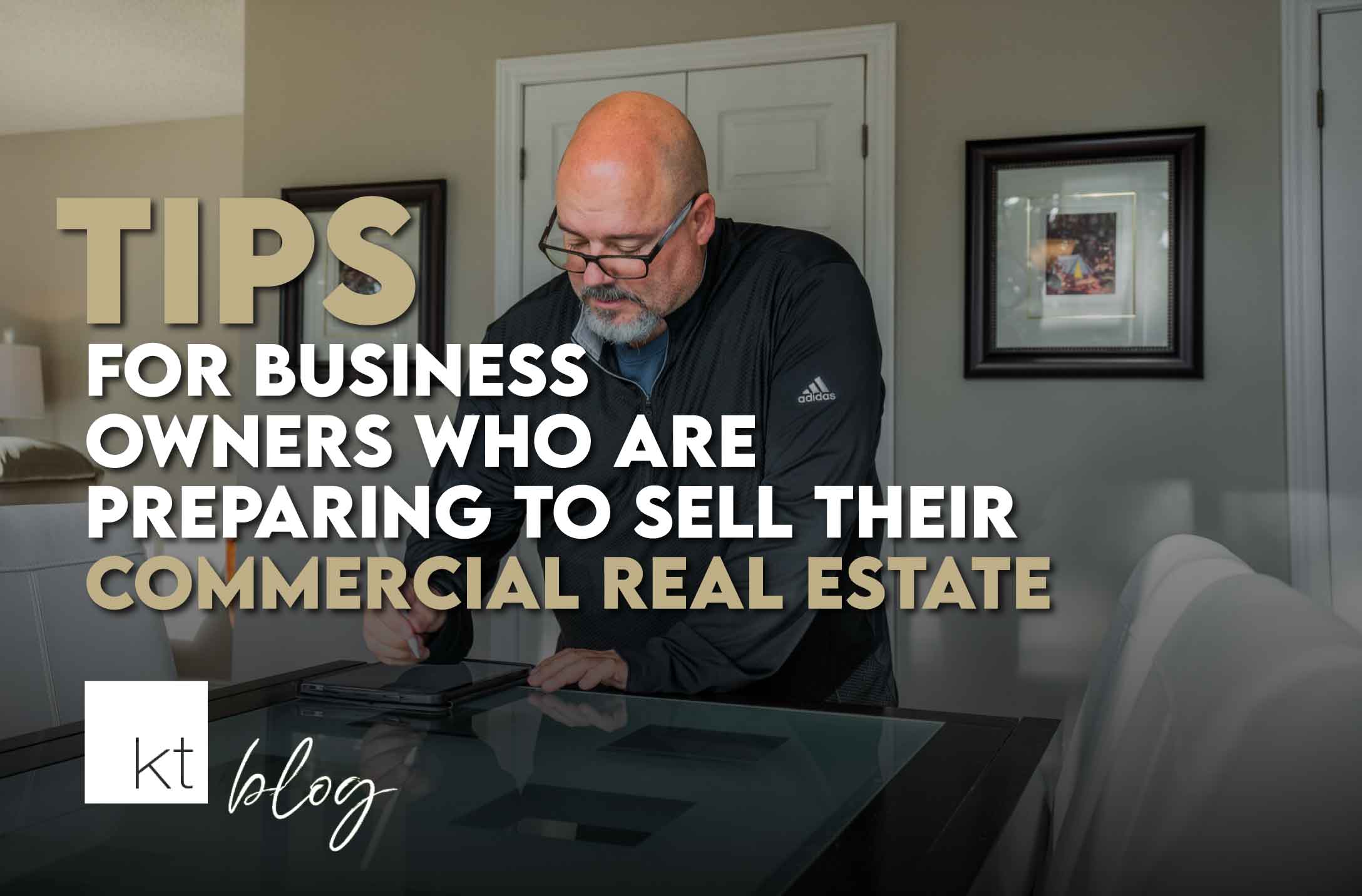We often discuss the things that increase the value of your home, but it is just as important to know the things that will decrease its value.
If you plan on renovating or are considering selling your home, here are the top things to avoid.
Converting the Garage to Living Space
When homeowners need to add extra living space, they sometimes decide that converting the garage is a good idea, but it’s not. In fact, most people want a bigger garage, not no garage. Parking, especially in a garage, is always a sought-after feature, and in colder climates, buyers especially value having a place to park their car out of the elements.
In addition to losing valuable parking space, you’re also giving up a lot of storage areas. Instead of a garage conversion, consider using the basement, building an addition, or finding another way to get that extra space out of your property. But forget the garage conversion. Parking always adds value to a home.
In addition to losing a parking space, the additional interior living space you create is usually awkward relative to the general flow of the house, the elevation often requires a step down, and unless you run more HVAC, install auxiliary heating and cooling, and utilize subfloor to make it more comfortable, it’s typically perceived as not particularly functional.
Bad Colour and Décor Choices
Be mindful of your colour and material choices throughout the house. Whether it’s the backsplash, flooring, wall colours, or cabinetry, you want to make choices that complement each other and appeal to a broad group of people. The paint colours you choose can make a big difference in any room. If you’re purchasing a new home or remodeling an existing home, choose neutral colours instead of bright or loud colours. You can introduce colour through decore, which also allows you to mix it up seasonally.
Dark and vibrant colours definitely have their place, but most people don’t know where or how to use them. From our experience, prospective buyers usually perceive these colour choices as an added cost.
We suggest hiring a professional designer to provide a consultation. Another great idea is to create a design board, whether physical or digital. Seeing all the colours and materials together will confirm if they’re the right choice before spending your hard-earned money. If you’re paying thousands to do a reno, add a few hundred dollars to get it done right. A professional eye can make a big difference.
DIY Renovations
When you’re doing any work, make sure it’s done properly. If you’re spending five figures to finish your basement, ensure you’re hiring someone who knows what they’re doing to ensure the finished product looks great. All too often, finished basements have awkward layouts with unpleasant and intrusive bulkheads. I showed a property recently where the basement was finished, it included a lovely three-piece washroom, but you had to duck under a boxed-in HRV to get to it. The hard-earned money, in this case, created a deterrent for my buyers and an added cost to RE-finish the basement instead of seeing value in it.
When you’re putting your home on the market, a poorly finished basement, poorly installed crown moulding, floors with large gaps, and floating floors that literally float because they’re installed incorrectly, among a long list of other things, will actually lower the value of your home.
You might think you’re saving money with DIY renovations, but they often backfire and cost more in the long run. Ensure you have a high level of confidence before you undertake any task, or at least be prepared when your real estate agent informs you it needs to be redone.
If you’re buying or selling a home, contact The KT Team to discuss your plans to sell and get their opinion on where to invest your money for the best return on investment.





